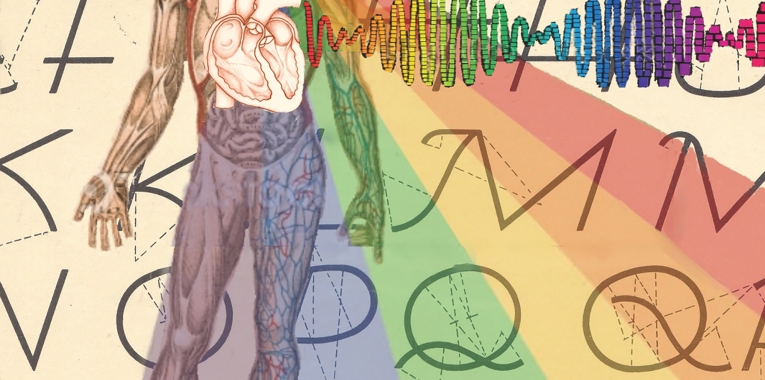Psalm 19:14 . NIV “May these words of my mouth and this meditation of my heart be pleasing in your sight, Lord, my Rock and my Redeemer.”
This familiar prayer comes at the end of a very poetic psalm. David spends the first six verses proclaiming the beauty of nature. He praises the heavens and the sun which glorify God without words. The next three verses proclaim the beauty of God’s law, using similar poetic language, describing the law as refreshing, radiant and pure. The law, in contrast to nature, is only words, but it too brings glory to God.
We have two concepts then, something of words (law) that is tangible, and something without words(nature) that is more intangible. With this in mind David looks inward to himself. He asks for forgiveness from the intangible (hidden faults) and protection from the tangible (willful sins).
This fits perfectly into the ending of this psalm, when he sums up the duality of both outward and inward. First he mentions the words of his mouth – the spoken word, similar to the law. Next he mentions the meditations of his heart. The Hebrew word translated as meditation is higgayon which is a musical term, with roots in an Arabic word, that means a deep vibrating sound. This then is a depiction of an intangible, unspoken sentiment that literally vibrates from his soul or heart. He is hoping that the outward tangible spoken and the inward intangible vibration of his heart is pleasing to God.
However, this is more than an aesthetic “that looks nice”. The Hebrew word translated ‘in your sight’ is panim or paneh which really means to come face to face with someone. Have you ever had to do one of those exercises where you must face someone and not divert your gaze? It’s incredibly hard to stand under a scrutinizing eye and not look away.
Whether we realize it or not, we are face to face with God at all times, he see’s our outward actions and tangible deeds but he also knows the vibrations of our hearts.
Before we bury our heads in shame, however, let’s be reminded of David’s final words here. “Lord, my Rock and my Redeemer” David is reminding himself of two very crucial things 1) God is his rock or strength. The power to even attempt to live well, make good choices, etc comes from God. 2) God is his redeemer. This word in Hebrew is gaal, meaning claimed or bought back. God has already chosen to pay the price for us, despite our worthy or unworthy tangible and intangible parts. The truth is we’ve been redeemed.
It is out of the gratitude of our redemption, and with his strength that we, like David hope that our words and deeds, as well as our inner thoughts and essence bring delight to our God.

